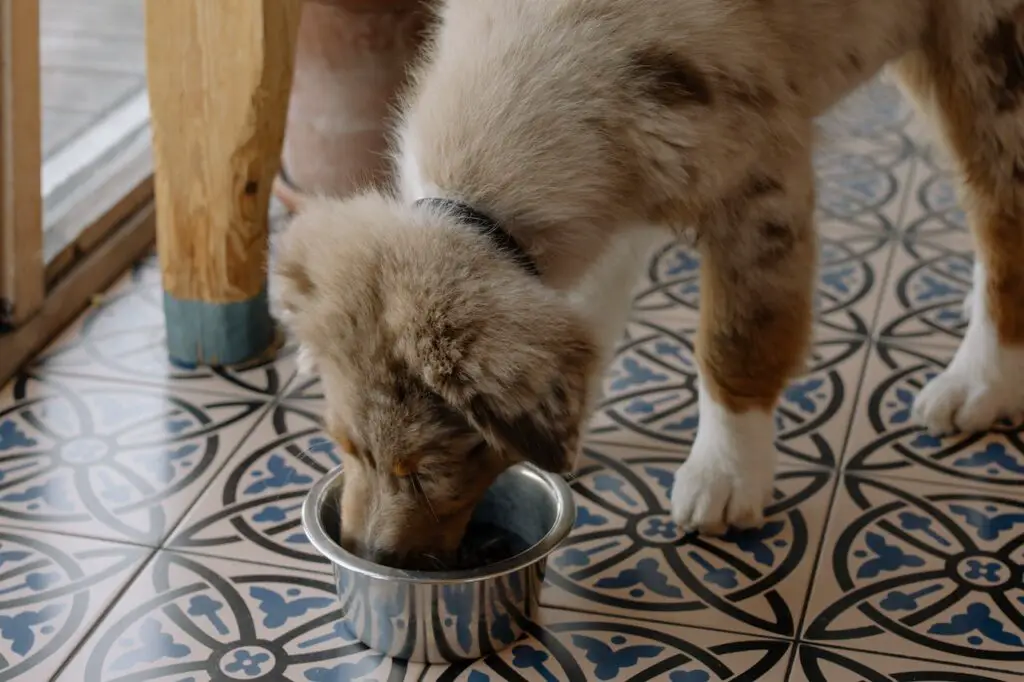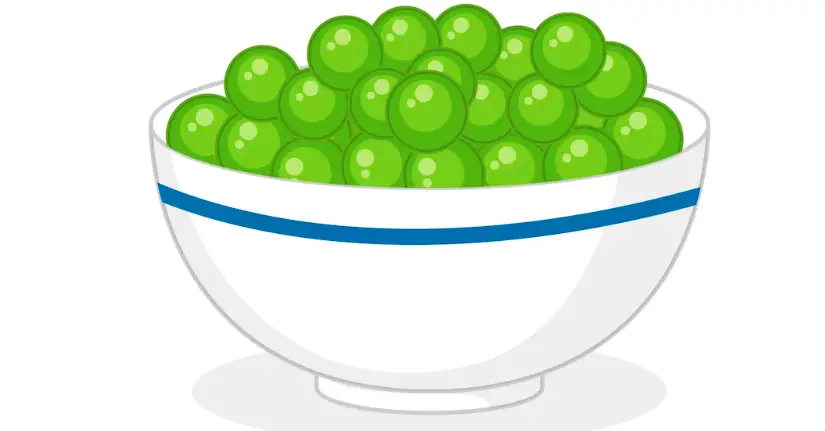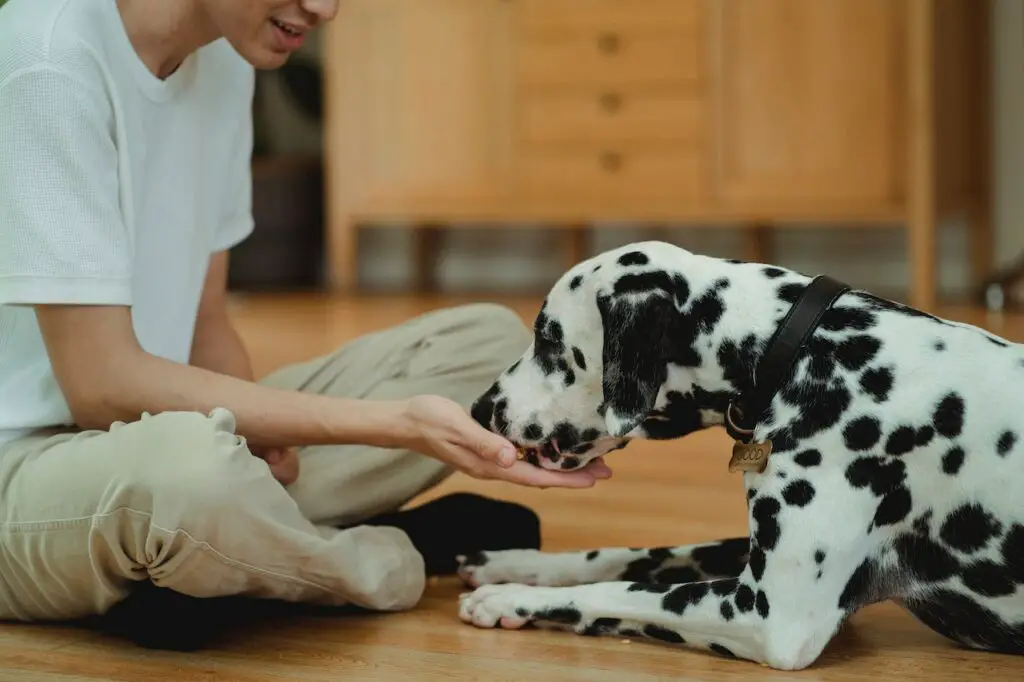As a loving pet owner, it’s essential to ensure that your furry friend stays healthy and well-fed. But what about chickpeas? Can dogs eat them too? Let’s find out if it’s safe for dogs to have chickpeas and how they can be included in their diet.
Are Chickpeas Safe for Dogs?
Chickpeas, also known as garbanzo beans, are a type of legume that humans enjoy for their nutritional value. But when it comes to dogs, things are a bit different.
Generally, dogs can eat chickpeas in moderation as part of a balanced diet. Chickpeas are not toxic to dogs, so they won’t cause any immediate harm or poisoning. When prepared properly, they can be a healthy addition to their meals.
However, it’s important to consider certain factors. If your dog has a sensitive stomach or any dietary restrictions, it’s best to consult with your veterinarian before introducing chickpeas into their diet.
Can Dogs Eat Chickpeas?
Yes, dogs can eat chickpeas in moderation. Chickpeas are a good source of protein, fiber, and various vitamins and minerals that can benefit your dog’s health. However, they should be cooked and served plain, without added spices, salt, or seasonings.
Avoid canned chickpeas with added sodium or preservatives. Introduce chickpeas gradually to your dog’s diet to prevent digestive issues, and always consult your veterinarian before adding new foods to ensure they are appropriate for your pet’s specific dietary needs.
Benefits of Chickpeas for Dogs

Including chickpeas in your dog’s diet can have several benefits:
Good Source of Fiber
Chickpeas are rich in dietary fiber, which aids in digestion and promotes regular bowel movements in dogs.
Protein Power
Chickpeas are a plant-based source of protein, which is important for muscle development and overall growth in dogs.
Vitamins and Minerals
Chickpeas contain vitamins like vitamin A, vitamin C, and various B vitamins. They also provide minerals such as iron, potassium, and magnesium, which contribute to a healthy canine diet.
Weight Management
The fiber and protein content in chickpeas can help dogs feel full and satisfied, supporting weight management and preventing overeating.
Digestive Health
The fiber in chickpeas aids in maintaining a healthy digestive system for dogs, reducing the risk of constipation and other gastrointestinal issues.
How to Safely Feed Chickpeas to Dogs

While chickpeas can provide numerous benefits, it’s crucial to introduce them to your dog’s diet in a safe and appropriate manner. Follow these steps to ensure your dog enjoys chickpeas without any issues:
Consult with Your Veterinarian
Before making any significant changes to your dog’s diet, it’s always a good idea to consult with your veterinarian. They can provide personalized advice based on your dog’s specific needs, health condition, and any dietary restrictions they may have.
Cook the Chickpeas
Raw chickpeas are challenging for dogs to digest, and they may even cause digestive upset. It’s best to cook chickpeas thoroughly before feeding them to your furry friend. Boil them until they are soft and easily mashable.
Avoid Seasonings and Additives
When preparing chickpeas for your dog, avoid using seasonings, spices, or additives. Dogs have sensitive stomachs, and certain ingredients like salt, onion, and garlic can be harmful to them. Keep it simple and stick to plain, cooked chickpeas.
Introduce Gradually
When introducing any new food to your dog, including chickpeas, it’s essential to do so gradually. Start by offering a small portion as a treat or mixed with their regular food. Monitor your dog for any adverse reactions or digestive issues.
Monitor Your Dog’s Response

Every dog is unique, and while chickpeas are generally safe for most dogs, some individuals may have allergies or sensitivities. Keep an eye out for any signs of digestive upset, such as vomiting, diarrhea, or excessive gas.
If you notice any adverse reactions, discontinue feeding chickpeas and consult your veterinarian.
FAQs about Dogs and Chickpeas
Q: Can dogs eat hummus, which is made from chickpeas?
It’s best to avoid feeding dogs hummus that contains additional ingredients like garlic or onion, as these can be toxic to them. Plain chickpeas without any added seasonings are a safer option.
Q: Can puppies eat chickpeas?
Puppies have sensitive digestive systems, so it’s recommended to consult with a veterinarian before introducing new foods into their diet. Generally, it’s best to wait until puppies are a few months old before considering chickpeas as part of their meals.
Q: Are there any risks associated with feeding dogs chickpeas?
While chickpeas are generally safe for dogs, they can cause digestive issues in some cases. It’s essential to introduce chickpeas gradually and observe how your dog’s body reacts. If you notice any unusual symptoms like vomiting or diarrhea, it’s best to stop feeding chickpeas and seek veterinary advice.
Q: Can dogs with dietary restrictions or sensitivities eat chickpeas?
Dogs with specific dietary restrictions or sensitivities should only eat foods recommended by their veterinarian. If your dog has known allergies or dietary concerns, consult with your vet before introducing chickpeas into their diet.
Conclusion
In conclusion, dogs can enjoy chickpeas in moderation. However, it’s crucial to introduce them carefully and observe your dog’s reaction. Chickpeas offer nutritional benefits like fiber and protein, but it’s important to consider your dog’s individual needs.
If you have any concerns about your dog’s diet or specific health conditions, consult with a veterinarian.
By making informed decisions about adding chickpeas or any new food into their diet, you can ensure your dog’s well-being and happiness.

